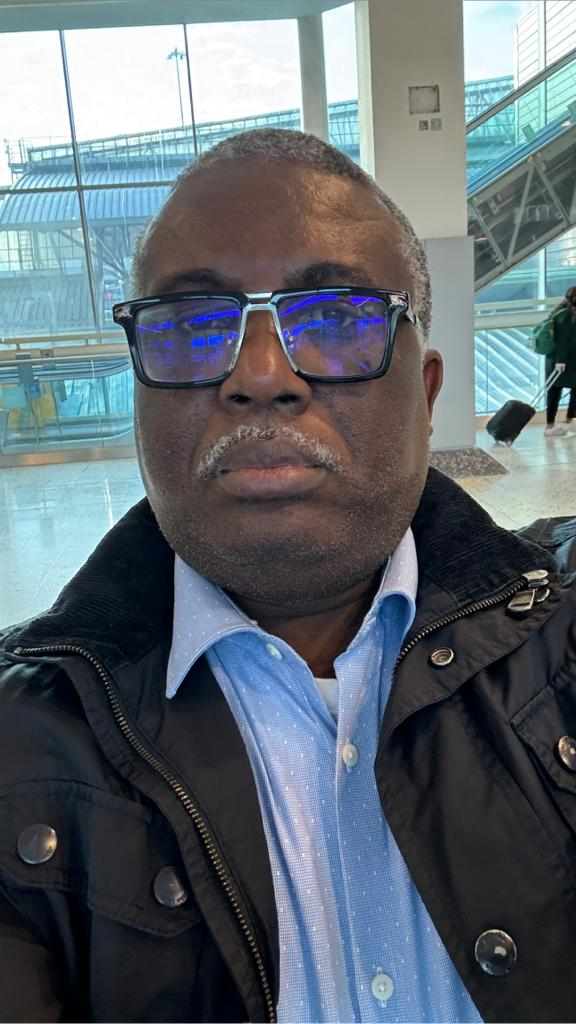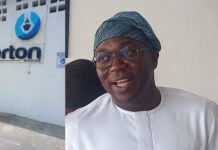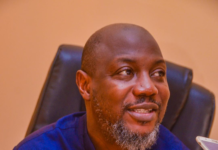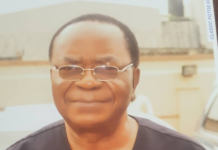*We Achieved a Lot During Our Time
*NPA Revenue Exceeded $1b in 2014
Engr. David K. Omonibeke, a certified marine engineer was the Executive Director, Marine and Operations, Nigeria Ports Authority (NPA) when Alhaji Habib Abdullahi held sway as its Managing Director. Apart from being a Fellow of the Nigeria Society of Engineers (FNSE), he is also an associate chartered stock broker (ACS) and member, chartered institute of directors (MCIOD) among other certifications and accomplishments. In this exclusive interview with John Iwori, he bares his mind on the controversial multimillion United States of America (USA) dollars secure anchorage area (SAA), revenue generated by the authority, review of tariffs, standard operations procedure, among other issues. Excerpts.
Can you please let us have an insight into your background?
I hold a Bachelor of Technology degree from Rivers State University, November 1995. I am a certified Marine Engineer by the Council for Regulation of Engineering in Nigeria (COREN), Associate Chartered Stockbroker with Chartered Institute of Stockbrokers (CIS) and member, Chartered Institute of Directors (CIOD) amongst several certifications. I have practiced as a Marine Engineer and Consultant for about 28 years cutting across the state public service, the Federal Government at executive level with Nigerian Ports Authority and the private sector. I am the immediate past Vice President of COREN (November 2020 – November 2023). For me, it was a volunteer service, giving back to engineering. I have also practiced as a technical analyst of financial derivatives for 8 years. I am married and blessed with five children.
Having worked with government at the state and federal levels, is there any significant difference in any of them?
Yes, there are significant differences.
Can you enumerate these differences?
At the state level, the cultural differences amongst the indigenous people is minimal and from close background and they act to situations similarly while at the federal level, the 250 diverse cultures, the action on the same situation at the state level will be treated diversely. So at the federal setting advance, leadership skills are required to navigate affairs of government.
Again, at the federal level, the Procurement Act 2007 is applied for goods and services while at state level, some states have their Procurement Act. However, the governor calls the shots.
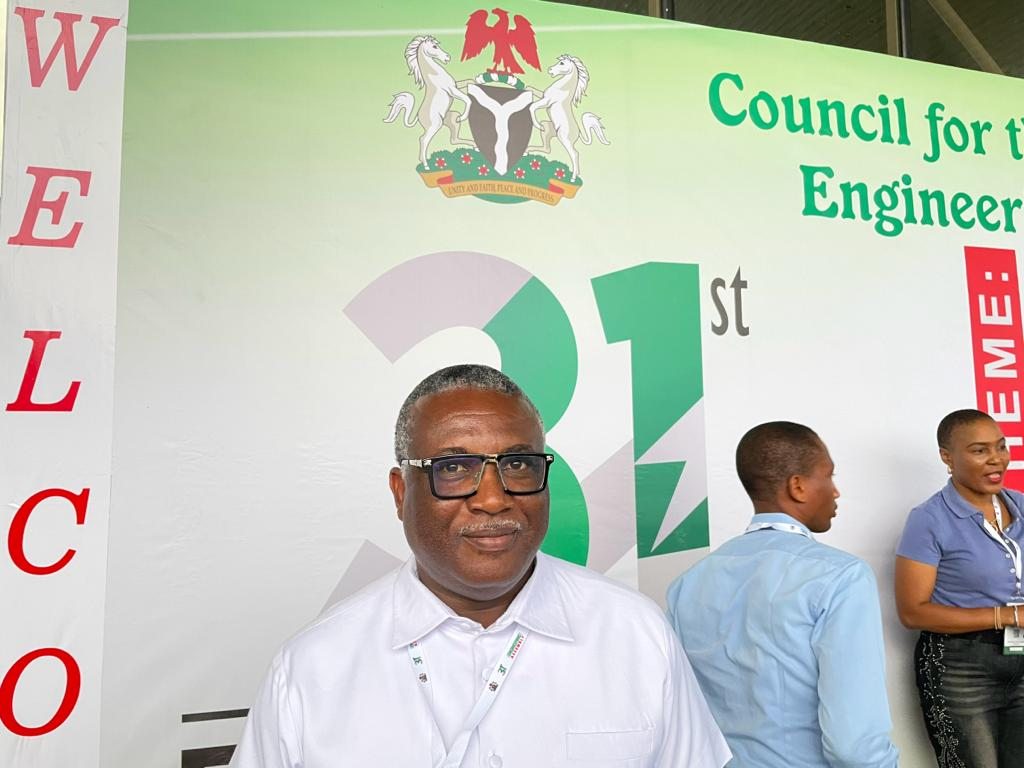
What was your experience when you were in the saddle as the Executive Director, Marine and Operations in the Nigerian Ports Authority (NPA)?
I had a good working relationship with the Managing Director, my colleagues and staff and together we achieved a lot. It was during our time we got berth rent from terminal operators back to NPA revenue sub-head. We also reviewed the tariff and updated it which was left stagnant for 15 years. We removed subsidy from towage services and we got the ministerial approval for the new rates. The executive management that took over from us implemented the new rates without subsidy. It was also during our time NPA revenue generated exceeded one billion USA dollars in 2014. I had a wonderful working experience. Standard operations manuals were reviewed and updated.
What will you regard as the key things you were able to attain while in office?
The core business units in my position are in marine and operations. Therefore, I ensure my staff are motivated and work to satisfy our clients and having good working relationships with other staff in other directorates. Achieving highest revenue collection is not by accident but hard work to reduce leakages and improve on service delivery. For instance, the reversal of berth rent was a big war but we won at the end.
Is there anything you would have done differently while in office given the benefit of hindsight?
No. However, there are still a lot more to be done
At the just concluded maiden edition of Maritime Reporters’ Association of Nigeria (MARAN) Annual Lecture in Lagos, maritime stakeholders picked holes in the Secure Anchorage Area (SAA) that was midwifed by NPA. What is your take on this?
Anchorage is an integral part of effective port operations. It is a place where a visiting commercial ship drops anchor to wait for an available berth to move into the port to discharge goods or upload. Some years back, the Nigerian Maritime Administration and Safety Agency (NIMASA) in alliance with a third party, declared secured anchorage area without consulting NPA and NPA had to do a publication advising the shipping community to disregard NIMASA publication. Thus NPA had to start the process all over, by inviting all the stakeholders including NIMASA. At the end of the day, the secured anchorage area was approved and registered. The third party, NIMASA and Nigeria Navy started providing security services without integrating NPA on revenue aspect so when there was investigation, there was no evidence of revenue benefit to government through NPA. All our ports entrance ought to have anchorage area.
One of the panelists at the lecture said that foreign vessels spend an average of $50,000 for security patrols in the country. Is that true?
It is very unfortunate if $50,000 is spent for security escort in and out for a commercial ship visiting Nigeria ports because this cost will be eventually pass onto the end user.
Is this amount justifiable?
Having an effective anchorage area, a visiting ship may pay less than $10,000 to the authority for anchorage services as is applicable globally.
Against the backdrop of your experience in office, what is your advice to those in the saddle now?
They should continue to give in their best only.
What is your parting shot?
We should all look ahead for a better Nigeria where integrity is above all other considerations. Nigeria should be country where workers will be paid living wages so that every worker will imbibe the dignity of labour.


